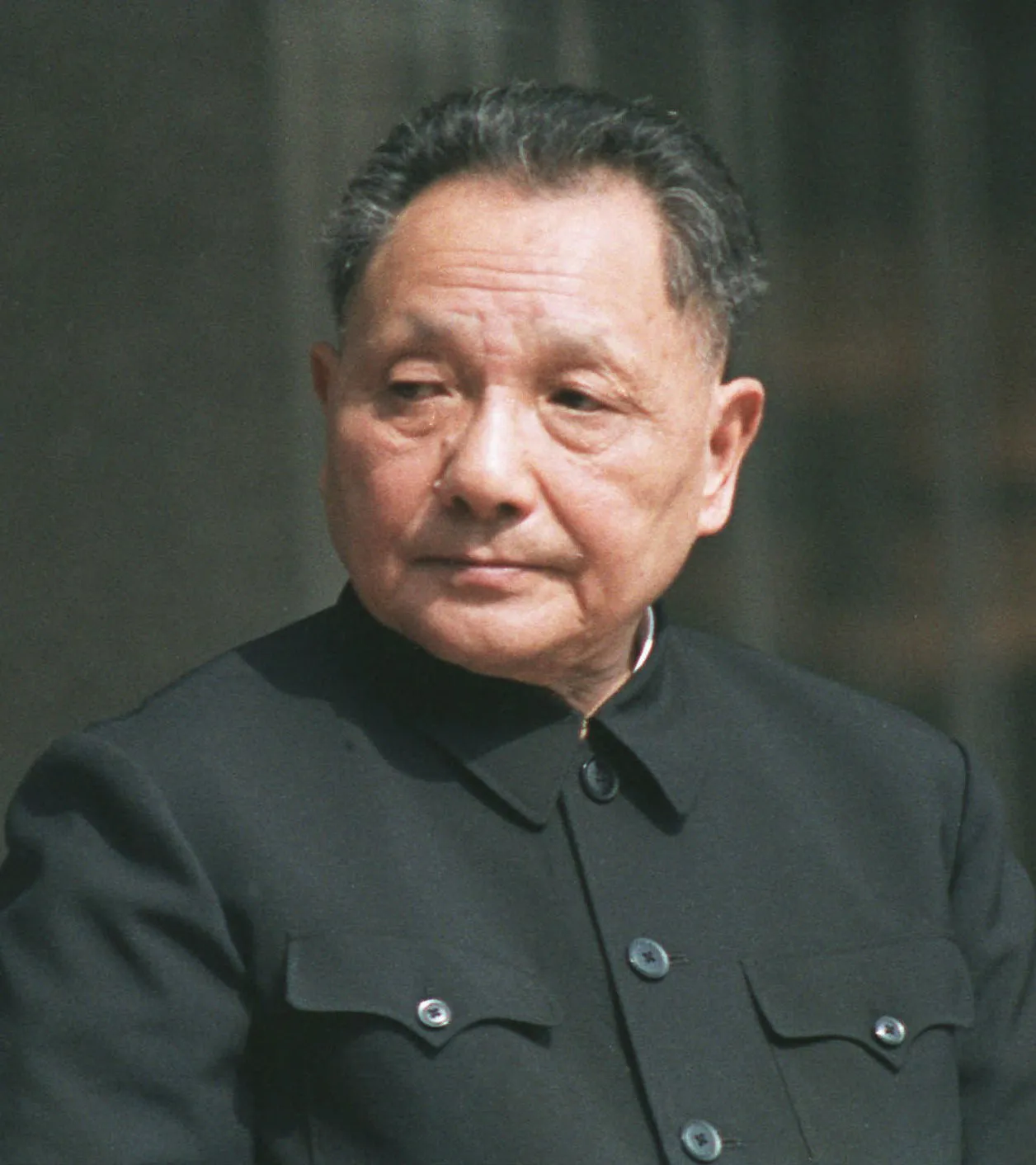Hollywood blockbusters have dominated international box offices for decades, but in recent years, they have lost luster in the largest movie market outside the U.S. — China.
Walt Disney Co.'s latest film, "Deadpool & Wolverine," has taken the world by storm since its release on July 22, becoming the highest-grossing R-rated film of all time. But it has failed to replicate that success among Chinese moviegoers.
While the Marvel superhero sequel made a respectable $57 million in its first 20 days in China, a locally produced comedy-drama, "Successor," made six times as much in the time period, according to data from maoyan.com.
Released on July 16, "Successor" continues to thrive in Chinese theaters. As of Monday, it had grossed over $439 million to cement itself as China's third most-watched movie of the year. "Deadpool & Wolverine" languishes at number 15.
A hit Hollywood franchise screened in China, especially one under Marvel, would be almost certain to rank higher in the box office prior to 2020. For instance, Avengers: End Game was China's third most popular movie in 2019.
...
"China learned all they could from Hollywood. Now they make their own big-budget blockbuster films with good special effects, and even good animated films ... They don't need Hollywood anymore," Rosen, who specializes in Chinese politics, society, and film, told CNBC.
Meanwhile, Chinese films like "Successor" have a major home-field advantage.
"The Chinese audience, mostly young people, want stories they can resonate with ... films that relate to things happening in China in one way or another," said Rosen.
Successor matches that description, with the film touching upon themes of child-raising, education and upward mobility, tailored specifically for the domestic market, according to Emilie Yeh, Dean of Arts at Hong Kong's Lingnan University.
...
Aside from films that are culturally relevant and relatable to the Chinese market, nationalistic and patriotic movies have also become increasingly popular.
China's top-grossing movie of all time is 2021's "The Battle at Lake Changjin," which depicts a battle between the North Korea-allied Chinese People's Volunteer Army and U.S. forces during the Korean War. It's followed by "Wolf Warrior 2," a 2017 film about a patriotic Chinese action hero battling corrupt forces overseas.
This patriotic streak has gone hand in hand with increased Sino-U.S. tensions and the 'decoupling' of the world's two largest economies.
...
The Chinese Communist Party takes an active role in developing and overseeing the local film market, as well as deciding how many foreign movies are screened in the country's theaters.
In 2012, then-vice President Xi Jinping and Joe Biden signed an agreement to increase Hollywood's access to China. This eventually led to a 34-title quota for U.S. movies to be distributed by a Chinese state enterprise under a revenue share model. Approved movies also had to pass through China's strict censorship policies.
When Xi became president, he put the Central Propaganda Department of the Chinese Communist Party in charge of regulating and overseeing films.
As per local media reports, China Film Co. had a role in producing "Successor." The company was started by China Film Group Corporation — linked to Beijing's propaganda department — and other entities.
According to Lingnan University's Yeh, while "Successor" is a great movie with a good script, it still benefits massively from distribution, promotion, and "blessings" from the state.


